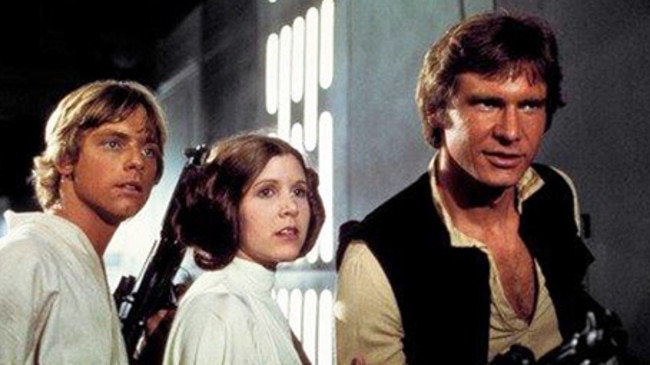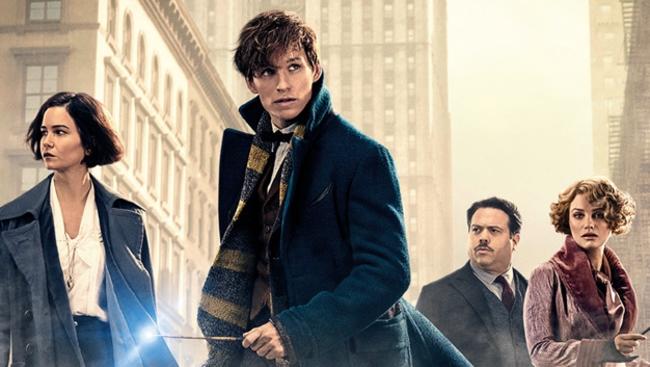Why Hollywood should get over its prequel obsession
STAR Wars, Harry Potter, Psycho. Why is Hollywood so obsessed with giving every hit movie the prequel treatment?
Movies
Don't miss out on the headlines from Movies. Followed categories will be added to My News.
GRAB a bucket of Los Pollos Hermanos — icy villain Gus Fring is reportedly set to turn up in Season 3 of Better Call Saul.
The drug dealer (who owns a fast-food chicken franchise) was a fan-favourite character from Breaking Bad, and now his origins — and those of other characters from the popular show — will be explored in AMC’s prequel series.
The question is, “What’s the point?”
Better Call Saul is better acted and written than most TV shows and movies, but its willingness to excavate the backstory of every character from Breaking Bad is part of a troubling trend in Hollywood.
Entertainment’s increasing reliance on established properties has led to a flood of prequels and sequels that often exploit franchises past the point of reason, revisiting once-finite stories in an attempt to turn up some angle that might be worth a few dollars.
The studios are like miners desperately swinging a pickaxe down an exhausted mine. “Shine your headlamp this way, Gabby! We might have missed something over in this corner!”

Better Call Saul is hardly alone. Among the more dubious exploitations is next year’s Han Solo, er, solo movie that promises to shed light on the Star Wars rogue’s early years, including showing how he met Chewbacca and won the Millennium Falcon from Lando Calrissian.
Most alarming of all, Disney honcho Bob Iger recently announced that audiences would also learn how Han Solo got his name.
Never mind that most of us didn’t know Han Solo wasn’t his actual name (please don’t let it be Trevor), but what exactly does learning all this information add to our appreciation of the character?
Han Solo is nearly perfect as he is. Everything you need to know about him is revealed in the original three Star Wars films. He’s a smuggler. His ship is fast. When Princess Leia tells him she loves him, he replies, “I know.” Scene.
Filling in every last detail could actually detract from his story. Suggestion is often more powerful than revelation. No one is begging for Quentin Tarantino to make a spin-off movie explaining what the shiny gold object was in Marsellus Wallace’s mysterious briefcase in Pulp Fiction.

Kurt Vonnegut once advised writers to start a story as close to the end as possible. It’s good advice. It drops us straight into the action and excises unnecessary exposition.
When you fail to heed that rule, you get nebbishy aliens squabbling about trade tariffs as a means to begin explaining the creation of Darth Vader, like in the hugely disappointing Star Wars: Episode I — The Phantom Menace.
Was anyone’s life enriched by learning the beginnings of the wizard in the 2013 James Franco dud Oz the Great and Powerful? Does fully appreciating Alfred Hitchcock’s Psycho mean that you’d need to learn the complete story behind shower-murder victim Marion Crane, as is currently being revealed on TV’s Bates Motel?
And word came this week that Jude Law is set to play a young Dumbledore in the upcoming Fantastic Beasts and Where To Find Them sequel — itself a seemingly threadbare expansion of the Harry Potter empire. I hope it explains how he got that beard.
It’s time to leave these stories alone and acknowledge that not every hour and minute and second of a beloved character’s life needs to be filled in.
At this rate, we’re one bad financial quarter away from Disney greenlighting a trilogy explaining how Indiana Jones got his hat.
This story originally appeared in the NY Post.
Originally published as Why Hollywood should get over its prequel obsession


